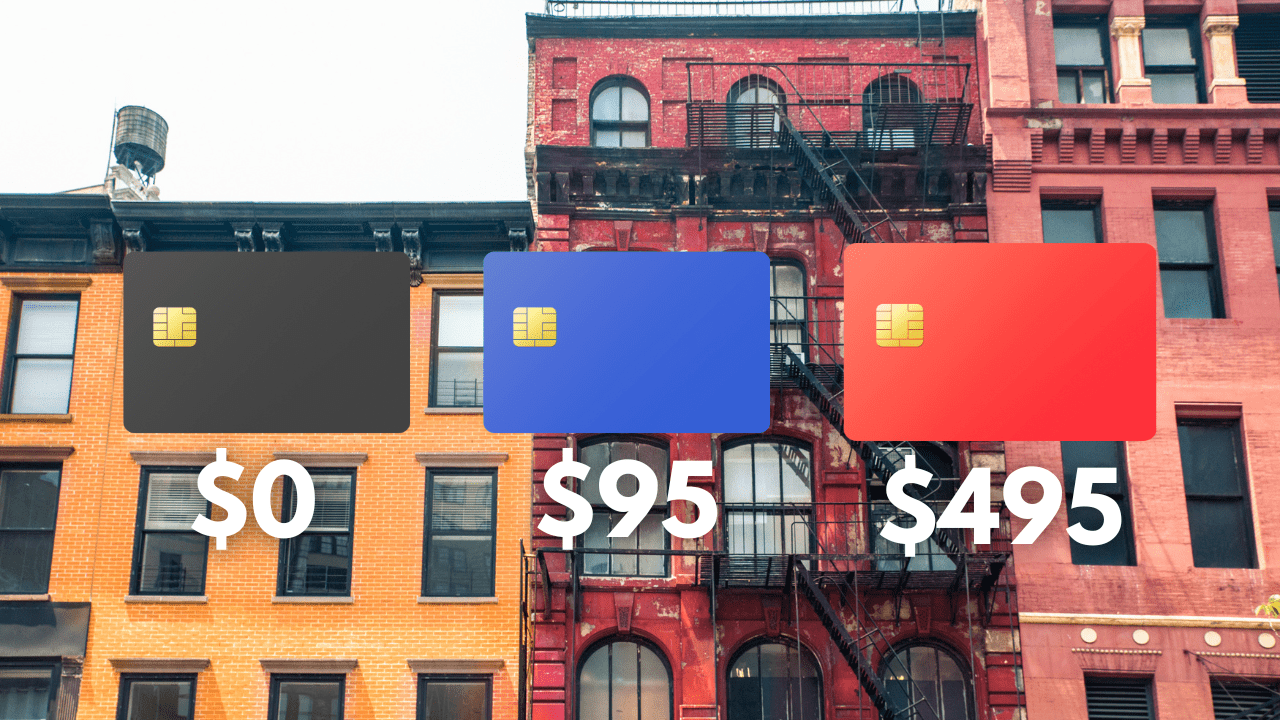Bilt x Wells Fargo Breakup: Why It Happened and What’s Next with Bilt Card 2.0
Wells Fargo pulled the plug on the Bilt Mastercard years early. Here’s what happened, what’s next with Bilt Card 2.0, and what it means for your wallet.

What started as a bold idea—earning points on rent—is now pivoting hard into something much bigger. With Wells Fargo exiting the partnership years ahead of schedule, Bilt just announced a new direction, a $250 million funding round at a $10.75 billion valuation, and the upcoming launch of Bilt Card 2.0 in 2026.
Here’s what went wrong, what’s changing, and what this means if you have (or are considering) a Bilt credit card.
Why Did Wells Fargo Dump Bilt?
In short: the economics didn't work.
According to the Wall Street Journal, Wells Fargo was losing millions of dollars a month on the Bilt card. Each cardholder was reportedly costing the bank $250 to $300 annually.
That’s because:
- Landlords don’t usually accept credit cards (to avoid swipe fees)
- Wells ate those fees to make rent rewards viable
- Bilt users paid in full (no interest income)
- And the expected cross-sell to mortgages never panned out
Smart users = poor economics for a traditional bank.
Bilt Raises $250M to Build the Future of Housing + Neighborhood Commerce
With the Wells breakup finalized, Bilt has officially pivoted. In July 2025, they raised $250 million in primary funding led by General Catalyst and GID, with United Wholesale Mortgage (UWM) investing $100 million as a strategic partner. The round values Bilt at $10.75 billion and signals a shift from “credit card rewards startup” to full-scale loyalty and commerce platform.
From their release:
“We’re accelerating our mission to connect where you live with your neighborhood… and expanding across all housing categories, mortgage plans, and the upcoming Bilt Card 2.0.”
This isn’t just about rent anymore. It’s about:
- Rent, mortgages, and HOA payments
- Neighborhood spending (restaurants, fitness, travel)
- Building a localized loyalty flywheel
Bilt now partners with 70% of the top 100 property managers, supports 1 in 4 apartment buildings, and will process over $100B in housing payments by year-end.
Bilt Card 2.0 Is Coming in February 2026
Bilt Card 2.0 is being built in partnership with Cardless (the same platform that launched the Coinbase Amex card). Based on feedback from tens of thousands of members, Bilt is launching a new card lineup with three tiers:
- No annual fee card
- $95 annual fee mid-tier
- $495 premium card with perks
These will replace the existing Bilt Mastercard in 2026, with a transition plan for current users.
What We Know (and Predict)
Based on both the press release and prior reporting, here’s what we can expect:
🟦 No Annual Fee Bilt Card
- May require minimum monthly spend to unlock rent rewards (e.g., $500+)
- Possibly capped rent rewards
- Likely geared toward students and renters in Bilt-affiliated properties (including student housing through Blackstone’s American Campus Communities)
🟨 $95 Bilt Card
- Core workhorse card with enhanced multipliers
- May include light merchant credits or partnerships
- Expected to be the go-to product for most users
🟥 $495 Premium Bilt Card
- Likely packed with partner-funded lifestyle credits (e.g. fitness, dining, rideshare)
- Potentially $1,000+ in total value if you use what’s offered
- Targeted at urban professionals already spending in these verticals
From the release:
“This card will be the key to unlock value across various partners… creating a members club experience in your neighborhood.”
What Makes Bilt’s Strategy Different?
Bilt isn’t just creating a credit card—it’s building a network. Their vision is more like Costco than Chase:
- Rent rewards are the $1.50 hot dog
- Local merchants are the vendors
- The card is just the key to enter
This creates a “flywheel”:
- More properties → more users
- More users → more merchants join
- Merchants → fund more rewards
- And so on…
With this new structure, Bilt doesn’t have to foot the bill for rewards. Merchants and partners do.
From Bilt:
“We’re making your neighborhood feel like your own members club.”
What About Mortgages and HOAs?
Bilt is also:
- Expanding into condo and HOA payments
- Integrating with mortgage servicers through partners like UWM
- Creating a loyalty layer on top of the housing lifecycle
This is a long play—especially if UWM begins cross-selling mortgage originations through Bilt’s platform.
“This represents the future of how customers will engage with their mortgage throughout the entire homeownership journey.” — Mat Ishbia, CEO of UWM
Should You Still Use the Bilt Card?
If you’re currently a Bilt cardholder, everything stays the same until early 2026. But with the Wells partnership ending and Bilt 2.0 launching, we expect changes to how rewards work.
Here’s our take:
- If Bilt is your only card, diversify now
- If you spend heavily on fitness, dining, or local merchants, wait and see
- If you’re a student or live in a Bilt partner building, the no-fee version might be enough
Final Thoughts
Wells Fargo was never going to stick around forever. The math didn’t work.
But Bilt isn’t done—it’s leveling up. With a $250M raise, a 10-figure valuation, and a bold new model, the future of rent rewards now includes mortgages, HOAs, student housing, and localized commerce.
If they pull it off, Bilt could be the first platform that actually rewards you for where you live—and everything around it.
In this article
- Bilt and Wells Fargo are done.
- Why Did Wells Fargo Dump Bilt?
- Bilt Raises $250M to Build the Future of Housing + Neighborhood Commerce
- Bilt Card 2.0 Is Coming in February 2026
- What We Know (and Predict)
- What Makes Bilt’s Strategy Different?
- What About Mortgages and HOAs?
- Should You Still Use the Bilt Card?
- Final Thoughts